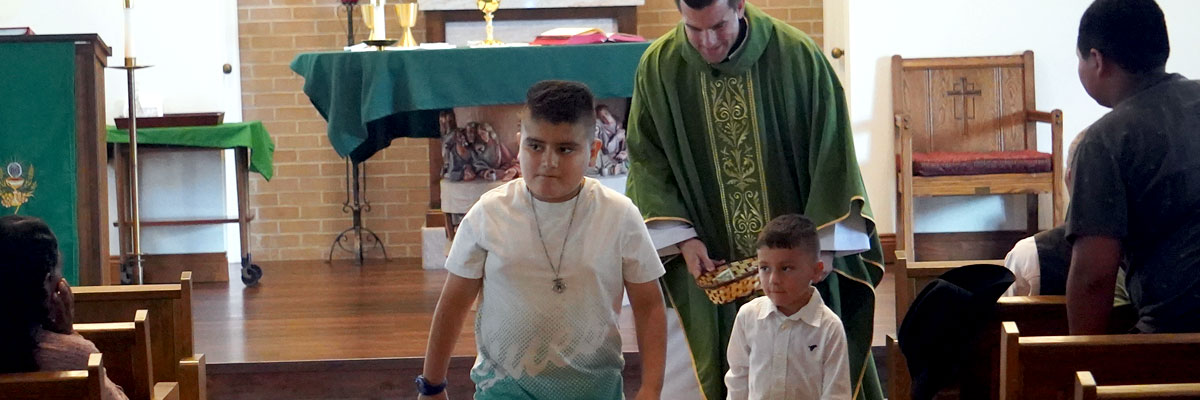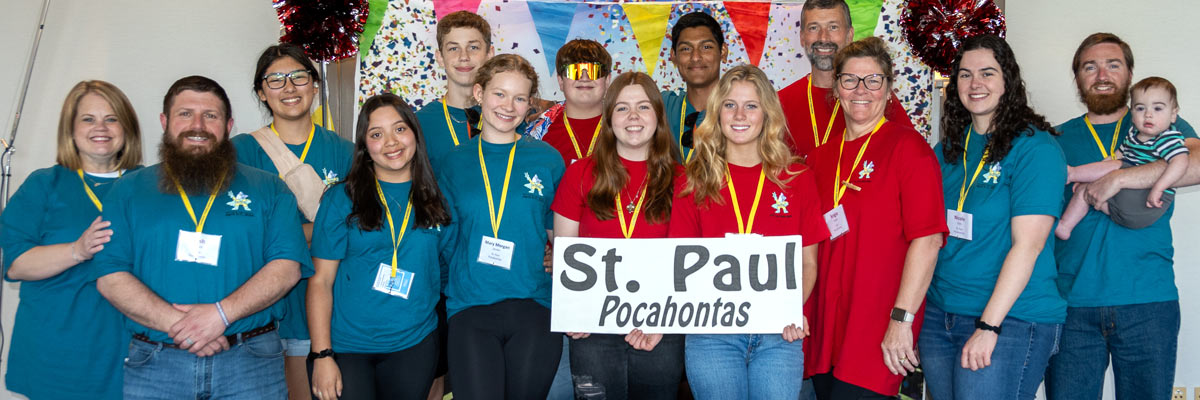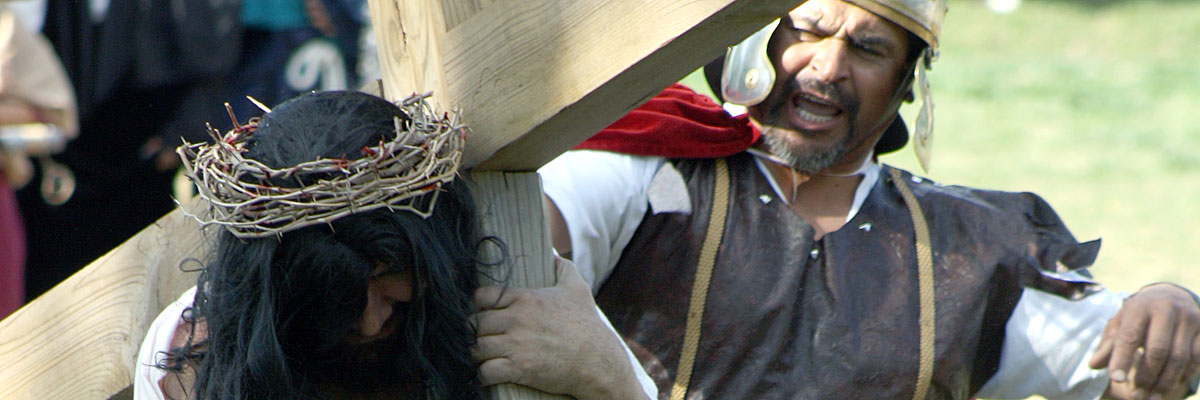Official Website of the
Catholic Diocese of Little Rock
Solemnity of Our Lord Jesus Christ, King of the Universe 2016
Published: November 20, 2016
Bishop Anthony B. Taylor preached the following homily during the closing Mass for the jubilee Year of Mercy at the Cathedral of St. Andrew in Little Rock on Sunday, Nov. 20, 2016.

Bishop Taylor
With today’s Mass we bring to a close the great Jubilee of Mercy which began on Dec. 8 of last year — the feast of the Immaculate Conception of Mary, the event by which God in his great mercy intervened to set her apart to serve as a suitable vessel to conceive and give birth to Jesus, our Savior.
The mystery of God’s mercy and our salvation thus set in motion proceeded to unfold progressively in all the events of Jesus’ life. These events revealed and fulfilled the deeper meaning of each of God’s acts of mercy in the Old Testament.
Jesus opened the way to a new Promised Land far greater than the earthly Promised Land of old. This new homeland was to serve as the eternal home for people of all nations, not merely the earthly homeland of a single nation.
All knowing: he knows our needs, our brokenness and our sinfulness. All loving: he wants to heal our hurt, remove everything that separates us from him and hold us close to his heart. And all powerful: he works with us to defeat the power of Satan in our own lives and in the world in which we live.
He defeated the power of Satan, who was an oppressor far worse than Pharaoh, and he did so not by hating his adversaries, inflicting death on them like the Israelites did during their Exodus from Egypt and their conquest of Canaan, but rather by loving them and allowing them to inflict death on him.
Jesus begged God’s mercy even for his executioners as he embraced, with sacrificial love, the cross that was the price of his faithfulness and the cost of our salvation.
And, of course, I could point out many other things. The Old Covenant of merit and legal observance promised to give us what we deserve, rewarding righteousness and punishing wickedness, but Jesus’ teaching takes us deeper. He proclaimed a New Covenant of grace whereby, through God’s mercy, we get far better than we deserve.
Jesus emphasizes that God’s very nature is love and so he wants none of us to be lost. Indeed, he loves us so much that he was willing to sacrifice his own son to set us free from the power of sin and death.
And so we have today’s feast of Christ the King, with which this great Jubilee of Mercy comes to an end. But while this year comes to an end, God’s mercy remains undiminished. And access to God’s mercy continues to be available in all of the usual ways. How could it be otherwise?
Christ is king, after all. As king — not to mention as God — he is sovereign and so can do whatever he wants. He is all powerful, all knowing and all loving, and he wants nothing more than our salvation, that we might reign with him forever in heaven.
All knowing: he knows our needs, our brokenness and our sinfulness. All loving: he wants to heal our hurt, remove everything that separates us from him and hold us close to his heart. And all powerful: he works with us to defeat the power of Satan in our own lives and in the world in which we live.
This is important to remember as our nation heads into what looks like a very uncertain future. We always hope for the best, but given the demeaning, racist, xenophobic and often threatening rhetoric against women and minorities in the recent campaign, I — along with many others — am very much afraid of where our country is headed and what may happen to the weak and vulnerable these next four years.
You’ve seen this in the news. I think we are all appalled at sharp spike in hate crimes that have been committed against Muslims, Hispanics, African Americans and people who self-identify as LGBT since the election — even President-elect Trump has said unequivocally to people who are using his words as justification to commit hateful crimes that “this must stop.” So amid all this darkness it is important for us to remember that in the end the light is more powerful than the darkness.
Yes, Jesus suffered mockery and grave injustices — evil did its worst on Good Friday — but let’s not forget that he rose victorious. Jesus is our king! He is all powerful, all knowing and all loving and his mercy endures forever.
And he sends us forth today to be agents of that mercy in a world that is broken and very much needs the healing that Jesus can work through us. Once we have received his mercy it becomes our task to bring that same mercy to others.
Today the Jubilee of Mercy comes to an end, but our mission of mercy has just begun.









